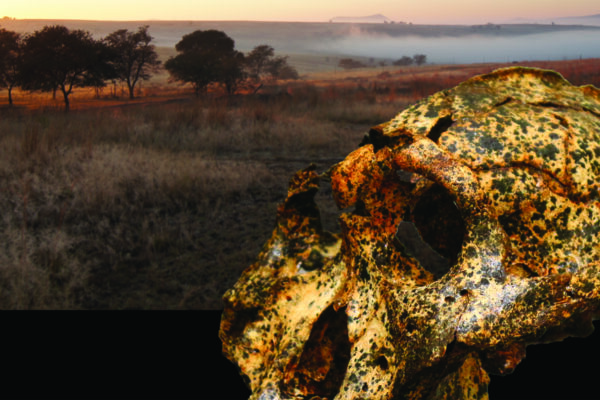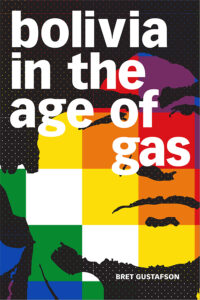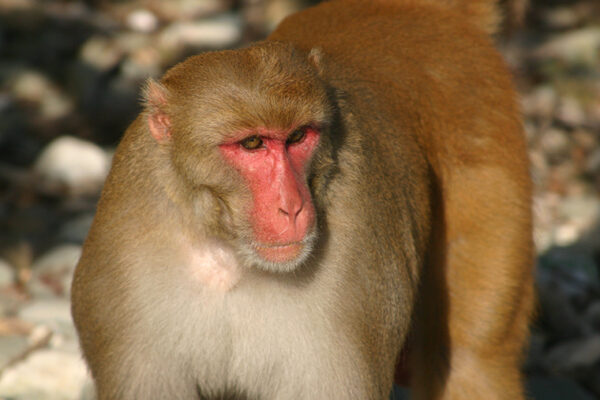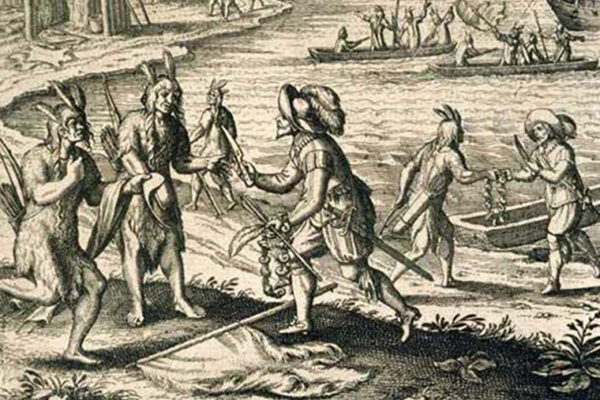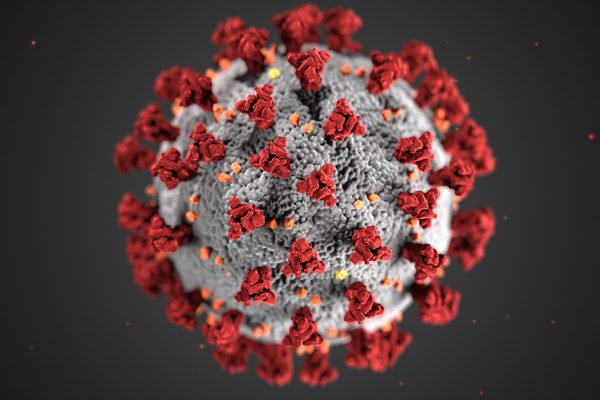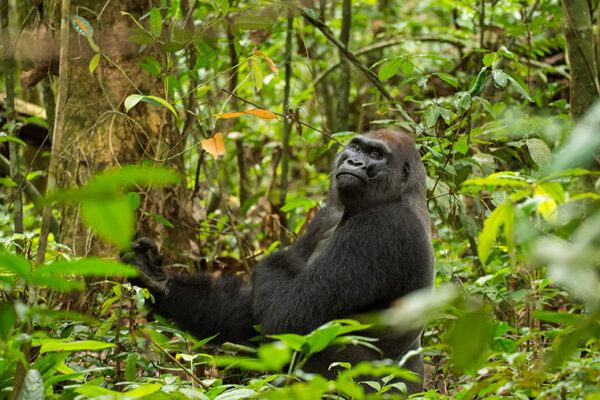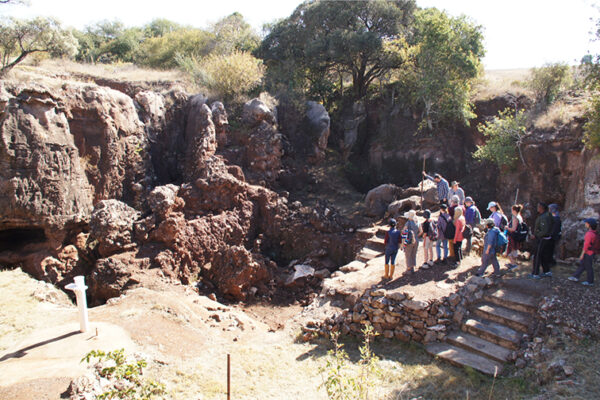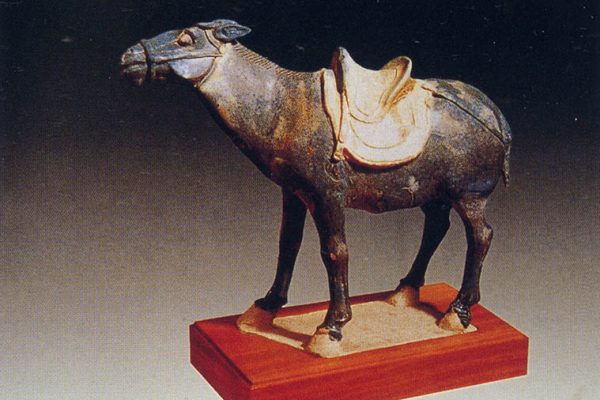How a human cousin adapted to a changing climate
A fossil discovery in South Africa suggests that P. robustus evolved rapidly during a turbulent period of local climate change about 2 million years ago, resulting in anatomical changes that previously were attributed to sex. An international research team including anthropologists at Washington University in St. Louis reported their discovery in Nature Ecology & Evolution on Nov. 9.
Bolivia in the Age of Gas
Evo Morales, Bolivia’s first Indigenous president, won reelection three times on a leftist platform championing Indigenous rights, anti-imperialism, and Bolivian control over the country’s natural gas reserves. In Bolivia in the Age of Gas, Bret Gustafson explores how the struggle over natural gas has reshaped Bolivia, along with the rise, and ultimate fall, of the […]
COVID-19 human milk studies should continue without stopping breastfeeding, researchers say
It is not easy to conduct human milk research during a pandemic. Yet despite the consistent lack of quality evidence for transmission of viral RNA from breast milk, some leaders are pushing ahead by altering public health and clinical practice guidance, according to E.A. Quinn, associate professor of biological anthropology in Arts & Sciences at Washington University in St. Louis.
Monkeying around: Study finds older primates father far fewer babies
Older male rhesus monkeys sire fewer offspring. Sperm quality or quantity, or the survival of infants, may decline with the age of the would-be father, a new study from biological anthropologist Krista Milich in Arts & Sciences suggests.
Rewriting history: New evidence challenges Euro-centric narrative of early colonization
New research from Washington University in St. Louis provides evidence that Indigenous people continued to live in southeastern U.S. and actively resist European influence for nearly 150 years after the arrival of Spanish explorers in the 1500s.
Students tackle anthropology of COVID-19
Undergraduates in the class “Anthropology of Infectious Diseases” in Arts & Sciences presented their findings during a remote symposium held April 22. The event was the last gathering for students in a course that became far more consequential than anyone could have predicted.
Close encounters in the forest: western lowland gorillas
New research led by anthropologists at Washington University in St. Louis shows that encounters between gorilla groups were much more frequent, and that they had more varied social exchanges than expected. The effort is part of a long-term collaboration with the Congolese government and Wildlife Conservation Society that is changing perspectives on gorilla behavior, ecology and health.
Fossil discoveries rewrite our family history
An international team of researchers that includes anthropologists at Washington University in St. Louis has unearthed the earliest known skull of Homo erectus, the first of our ancestors to be nearly human-like in their anatomy and aspects of their behavior. The effort was led by La Trobe University in Australia.
The Anthropology of Islamic Law
Education, Ethics, and Legal Interpretation at Egypt's Al-Azhar
“The Anthropology of Islamic Law” shows how hermeneutic theory and practice theory can be brought together to analyze cultural, legal, and religious traditions. These ideas are developed through an analysis of the Islamic legal tradition, which examines both Islamic legal doctrine and religious education. The book combines anthropology and Islamist history, using ethnography and in-depth […]
Tang Dynasty noblewoman buried with her donkeys, for the love of polo
A noblewoman from Imperial China enjoyed playing polo on donkeys so much she had her steeds buried with her so she could keep doing it in the afterlife, archaeologists found. This discovery by a team that includes archaeologist Fiona Marshall at Washington University in St. Louis is published March 17 in the journal Antiquity.
Older Stories
